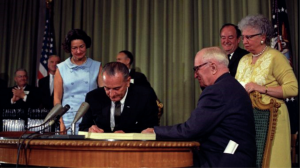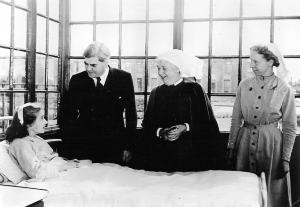Wine cheers the sad, refreshes the old, inspires the young, and makes the weary forget their troubles..
Lord Byron. George Gordon Byron, 6th Baron Byron, also known as Lord Byron (1788–1824), was an English poet and aristocrat. [1].
On a mild evening, sipping a chilled glass of wine under a star-studded sky, you probably don’t think about the political influence that influences winemaking. But reading Jancis Robinson in the Financial Times: [1] It is clear that there are significant political issues affecting the wine industry. Some countries impose strict regulations on where and how wine can be sold. Producers may need to set aside significant amounts of collateral to cover future taxes and penalties.
Whatever the difficulties wine growers experienced, the most severe interference with viticulture was Prohibition in the United States (1920-1933). [2]It was a total failure, forcing many vineyards to close. The Volstead Act, which allowed the production of altar wine, saved many vineyards, but as mentioned before, it is unclear whether all of the altar wine was produced for religious consumption.
Some countries impose huge tariffs (up to 218%) on wine imports. [3]The tariffs, which had a major impact on wine producers, were intended as a temporary measure and fortunately will be lifted in 2024.
These battles continue around the world and whether you are for or against the above measures depends on your view of world trade: do you believe in free markets or national protectionism. My observations on Italian wine prices are that they have increased significantly in the last few years. This is said to be due to COVID, the financial crisis and inflation, but whatever the reason, it has undoubtedly affected consumers.
Do political decisions affect medical practice? Of course they do! Just as there are many different grape varieties for wine growers to choose from, there are many different financing models for healthcare across countries, and sometimes even within countries. As with wine, price is not a good indicator of quality of healthcare, as the costs of financing models vary widely and do not necessarily reflect the quality of the care.
Many countries have attempted to implement “universal health care” with varying degrees of success. Unfortunately, they have also faced opposition from the medical community. For example, in 1945, President Harry S. Truman tried to implement universal health care in the United States, declaring: As a nation, we should not reserve good health and long productive lives only for the wealthy, but strive to ensure that all our citizens have equal access to good health.” The bill, known as the Wagner-Murray-Dingell bill, was never introduced in Congress and was opposed by many groups, including the American Medical Association (AMA), but Zieff and his colleagues say: Determining the extent to which a country's health care is “universal” is complex and not a “black or white issue.” [4].
What does universal health care mean? The World Health Organization (WHO) defines it as: : Ensure that everyone has access to quality health care that is effective for them, without imposing financial hardship on them.Zief et al.: The majority of post-industrial, Westernized nations have adopted various approaches to providing universal health care, fully or largely subsidized by the government, to all citizens, regardless of socioeconomic status (SES), employment status, or ability to pay..
Credit: Lord Byron. Portrait by Richard Westall (1765–1836). National Portrait Gallery. Public Domain.
President Barack Obama expanded health care coverage in the United States when he signed the Affordable Care Act (ACA), also known as the Patient Protection and Affordable Care Act (PPACA) or, more commonly, Obamacare, in 2010. However, as Zaif and his colleagues point out: Different regions of the United States are defined by distinct cultural identities, residents have their own religious and political values, and the population spans the socio-economic spectrum. Additionally, differences in climate and population density result in different health needs and challenges across the United States.Therefore, it will be difficult to reach agreement on universal health care and funding models.

Photo: President Lyndon B. Johnson signs the Social Security Amendments (commonly known as the Medicare Act) in 1965. YouTube > C SPAN. July 1965.
The classic model of universal health care is the UK's National Health Service (NHS), introduced by Anneline Bevin (Minister of Health) after the Second World War. [3]Initially opposed by the British Medical Association for fear of lost revenue, the NHS pioneered the provision of universal healthcare that is free at the point of delivery to patients. Unfortunately, the famous NHS has come under pressure recently, likely due to government underfunding and under-recruiting of staff.
In my own country, Ireland, in the late 1940s and early 1950s, the Minister of Health, Dr Noel Browne, attempted to introduce comprehensive medical care for mothers and infants but was met with successive opposition from both the medical community and the Roman Catholic Church.
The French health care system is primarily (77%) state-funded, and in 2000 the WHO concluded that France offers “the best comprehensive health care in the world” at a cost significantly lower than many other “developed” countries.
So when you think about and drink wine, remember that just as there are many health care options, there are many varieties of grapes and many different viticultural and winemaking techniques. But it would be hard to disagree with the words of President Harry Truman quoted above:

Photo credit: Anneline Bevan, Secretary of State for Health, on the first day of the National Health Service, July 1948. Source: Wikipedia. Template: University of Liverpool, School of Health and Life Sciences. Licensed under a Creative Commons Attribution-ShareAlike 2.0 Generic License.

